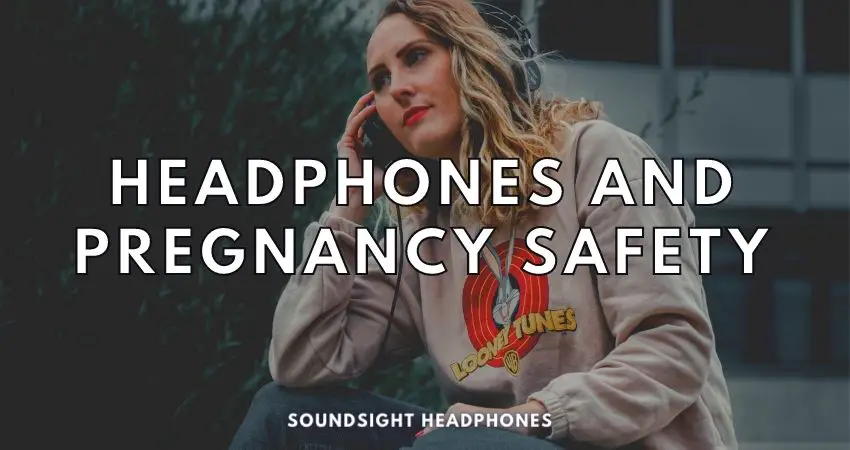Pregnancy brings happiness and caution, and when it comes to using headphones, expectant mothers may wonder, “Are headphones safe in pregnancy?” and worry about potential harmful effects during pregnancy.
Keep reading to discover the potential risks and safety measures for using headphones while expecting.
This guide delves into the concerns surrounding the use of headphones during pregnancy and aims to:
- Address risks for pregnant women, such as noise-induced hearing loss and fetal stress.
- Risks and benefits of using headphones during pregnancy, and alternative methods for sharing music with the baby
- And many more
By providing a thorough analysis of the topic, this guide will help every expecting mother—seeking advice for a happy and healthy pregnancy with valuable insights on headphone usage during pregnancy, ensuring a safe and enjoyable listening experience.
- The Science of Sound Exposure: Headphone Safety in Pregnancy
- Brief Answer: Are Headphones Safe in Pregnancy?
- The Benefits of Music and Sound for Pregnant Women and Their Babies
- The Risks of High Noise Levels During Pregnancy
- Potential Dangers of Using Headphones While Pregnant
- Alternative Methods for Sharing Music with Your Baby
- Conclusion
- References
The Science of Sound Exposure: Headphone Safety in Pregnancy
Let’s explore the science of sound, examining sound transmission to the fetus and ensuring safety through comprehension of decibel levels and thresholds. Learning about these aspects will help us address whether using headphones while pregnant is safe or not.
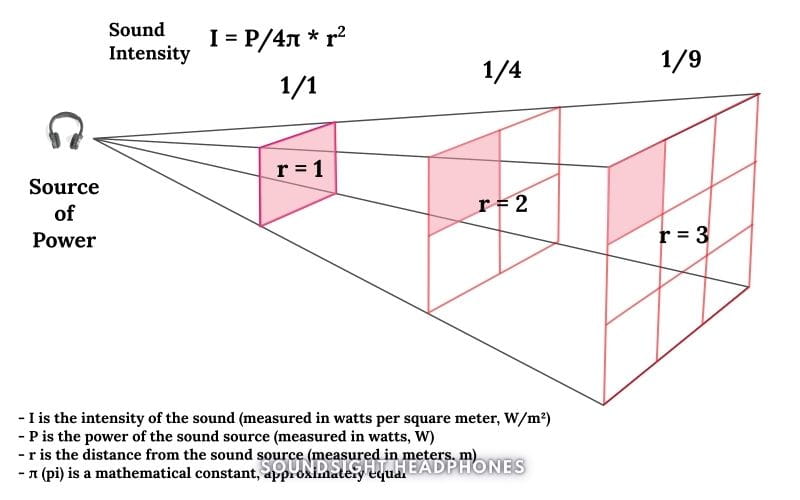
How Sound Travels to the Fetus
Sound waves traverse through the mother’s body, amniotic fluid, and fetal tissues, reaching the developing auditory system.
The amniotic fluid and maternal tissues reduce external sound intensity by about 20 dB, but the baby can still hear and react.
While the noise is reduced, that shouldn’t prompt you to up the volume as this reduction protects the baby’s developing ears and auditory system.
Decibel Levels and Safety Thresholds
Generally, we recommend maintaining noise levels below 80 – 85 dB to prevent potential harm. But in cases where the auditory system of a developing fetus is at stake, use sound levels below 60 dB for utmost safety.
Long-Term Effects of Noise Exposure
It is important to note that even when noise levels remain below 60 dB, extended periods of exposure to loud noises could contribute to more subtle developmental issues in the fetus. For this reason, when listening to music with headphones during pregnancy, it is best to limit sound exposure when possible and err on the side of caution; 1 hour per day is a sufficient amount for most pregnant women.
Brief Answer: Are Headphones Safe in Pregnancy?
Headphone safety during pregnancy isn’t as straightforward. As we discuss in this article, there are benefits to headphones use provided safe listening practices are employed, but also downsides of using headphones.
Careless use of headphones and noise exposure (concerts, clubs, high occupational noise, etc) pose a serious danger and must be avoided during pregnancy.
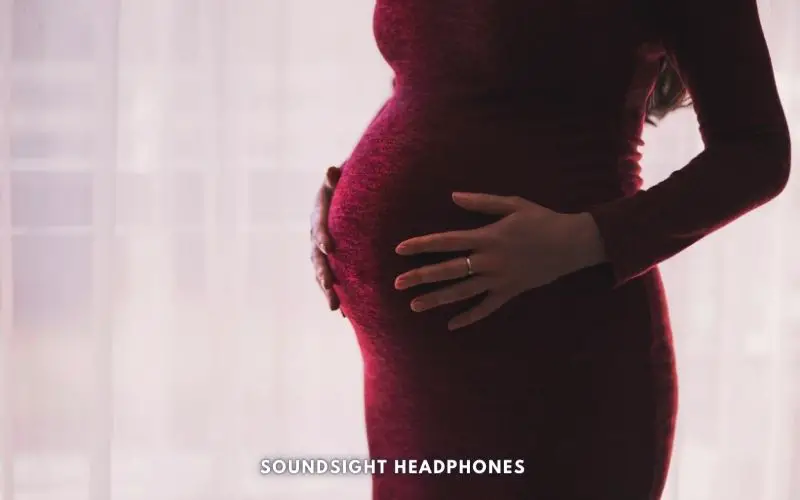
Potential dangers of using headphones while pregnant are only of concern if the volume is too loud, if poor quality headphones are used that may malfunction and produce high-pitched noises, the music is overly aggressive or emotional, or if the headphones are used for extended periods without breaks and no human bonding is established with the baby.
Nevertheless, music is a valuable pregnancy tool, and using headphones or other methods to share it with your baby can foster bonding and a calming atmosphere—as the saying goes, “music soothes the savage beast.”
The Benefits of Music and Sound for Pregnant Women and Their Babies
Did you know your baby can hear sounds from 18 weeks into pregnancy? That’s right—your little one’s hearing develops early, and introducing music and calming sounds positively impacts their growth.
Promoting Relaxation and Stress Relief
The benefits of music therapy for pregnant women and their babies are various—improving maternal mental health and fostering enhanced neonatal outcomes.
Studies such as Palazzi 2018 unveil the significant impact of both musical stimulation and music therapy on preterm infants and their parents, offering a more personalized touch and showcasing superior effects on infants' physiological and behavioral responses.
Preliminary Evidence
Hartling 2009’s research presents a glimpse of potential for the therapeutic benefits of music therapy, including:
- Alleviating pain during circumcision and heel prick procedures
- Boosting feeding rates
- Orchestrating physiological stability and behaviors in infants with chronic lung disease.
Although, as pointed out in the research, further rigorous are required to establish the efficacy of music therapy in neonatal care, these preliminary findings suggest that music therapy may have a positive impact on neonates’ health and well-being.
In addition to Hartling’s study, other research has also shown promising results for the use of music therapy in neonatal care.
Best Music for Baby During Pregnancy
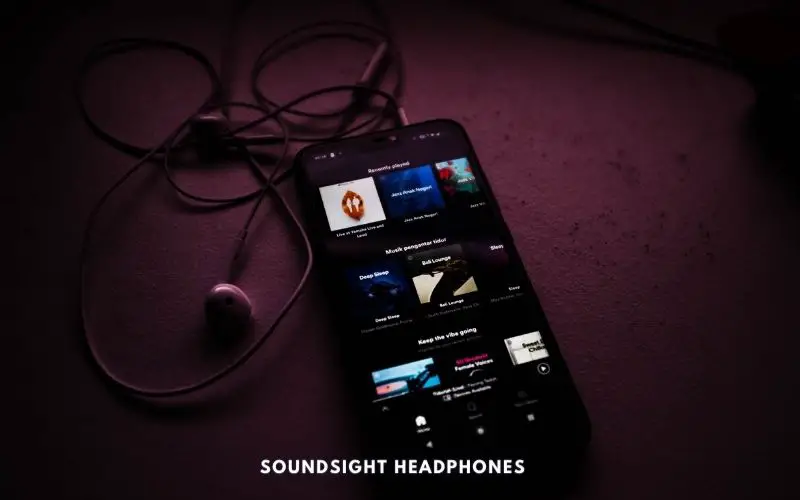
Okay, music during pregnancy is great with tons of benefits, but the type of music should be carefully considered.
Opt for soothing, calming, and gentle tunes that promote relaxation and sleep. And make sure the music you play doesn’t have abrupt changes or loud, jarring elements, ads, or glitches that could harm or stress you or your baby.
Baby classical music, soothing music, classical, nature sounds, soft instrumental tracks, music for brain development, and general music for babies are ideal choices. Avoid explicit, aggressive, rock, or electronic music, including music with overly aggressive,
But don’t be too quick to dismiss other genres—after all, the expectant mother’s preference plays a significant role in determining the most beneficial music for her and her baby.
Improved Neonatal Outcomes
On a different note (no pun intended), music therapy boosts neonatal weight gain, oxygen saturation, and parent-infant intimacy while reducing labor and delivery stress levels for a calmer, safer birthing experience (Badr et al. 2017).
Brain Development
The remarkable process of brain development during pregnancy is significantly influenced by various external factors, one of which is exposure to music. Sonia Arenillas-Alcón et al. 2022 has demonstrated that consistent auditory stimulation in the form of music—particularly during the crucial final weeks of gestation—can yield long-lasting plastic effects on the developing brain, thereby enhancing neural responsiveness to sounds utilized in prenatal training.
Improved encoding of low-frequency sound compounds, which may augment the newborn's ability to process human speech pitch patterns, is one of the benefits of prenatal exposure to music. This can lead to better language development and communication skills in the child.
Related articles:
Other Benefits of Music Therapy
- Relaxation: Soothing music aids unwinding and stress reduction, which is crucial for a healthy pregnancy and a calm baby.
- Stress Relief: Music lowers cortisol levels, effectively managing pregnancy stress.
- Improved Sleep: Gentle tunes alleviate pregnancy-related insomnia for you and your baby.
- Baby Bonding: Playing and singing music to your unborn child strengthens your bond through familiar sounds and voices.
- Cognitive Growth: Prenatal music exposure positively impacts your baby’s brain development, especially in language and memory.
- Emotional Development: Music regulates emotions and fosters emotional well-being for both mother and baby.
Takeaway
With undeniable promise and remarkable effectiveness, music therapy is a promising intervention for premature infants, particularly females.
By incorporating music into your baby’s life, you can help support their emotional, cognitive, and physical development. So go ahead, sing a lullaby, play a soothing melody, and watch your baby thrive!
The Risks of High Noise Levels During Pregnancy
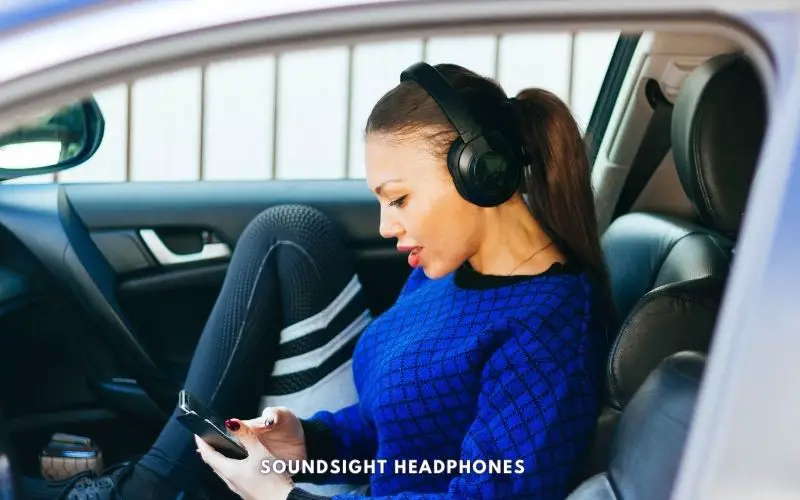
Music and sound can be marvelous for pregnant women and their budding babies, but let’s not turn a deaf ear to the potential downsides linked to high noise levels during pregnancy.
Studies on Noise Exposure During Pregnancy
Recent studies have struck a dissonant chord, suggesting that exposure to cacophonous environments may amplify the risk of adverse pregnancy outcomes and hearing dysfunction in children.
For instance, a study by Dzhambov (2014) orchestrated a rather alarming finding: women exposed to high noise levels during pregnancy face:
- A significantly higher risk of having small-for-gestational-age newborns
- Gestational hypertension
- And infants with congenital malformations.
Another study by Guo (2022) echoed this sentiment, also discovering an association between noise exposure and adverse pregnancy outcomes. Selander et al. (2015) honed in on maternal occupational noise exposure and found an association with hearing dysfunction in children.
Avoiding High Noise Levels
As a result, it’s imperative for pregnant women to avoid exposure to high levels of noise, particularly in the workplace. So, avoid loud environments and embrace the sound of silence—or at least, a more soothing soundtrack for pregnancy.
Potential Dangers of Using Headphones While Pregnant
Unborn babies can distinguish sound nuances without fetal headphones, which may have safety risks due to potential overstimulation and as users often misunderstand decibel levels.
Key aspects of fetal auditory development include:
- Inherent sensitivity: Unborn babies have immature auditory filters, making it essential to protect their hearing for optimal brain development.
- Mother’s voice and body sounds: These natural sound sources are sufficient for fostering auditory development without needing external devices.
- Potential hindrance: Headphones on the abdomen can impede speech processing, negatively impacting the unborn child’s ability to recognize and process language.
While music has some benefits, it is vital to prioritize the safety and well-being of unborn babies by relying on their innate ability to hear and become accustomed to more natural sounds, such as their mother’s voice and heartbeat.
So, are headphones harmful during pregnancy?
Technically, headphones are not harmful during pregnancy if used correctly. However, potential hearing loss of your baby may occur if you sleep with headphones on or belly-phones attached.
The best way to ensure the safety and well-being of the unborn baby is to rely on natural sounds and limit prenatal headphone use.
Safe decibel levels, safety thresholds, and limited noise exposure must also be followed to reduce the chance of hearing loss and Tinnitus.
Note that, even with ANC headphones or earmuffs, external noises can impact your baby, as they only protect your hearing, not the baby’s.
Alternative Methods for Sharing Music with Your Baby
Singing to your baby is a simple and effective way to share music. It can help soothe your baby, promote language development, and strengthen the bond between parent and child. You don’t have to be a professional singer to sing to your baby; your baby will love the sound of your voice no matter what.
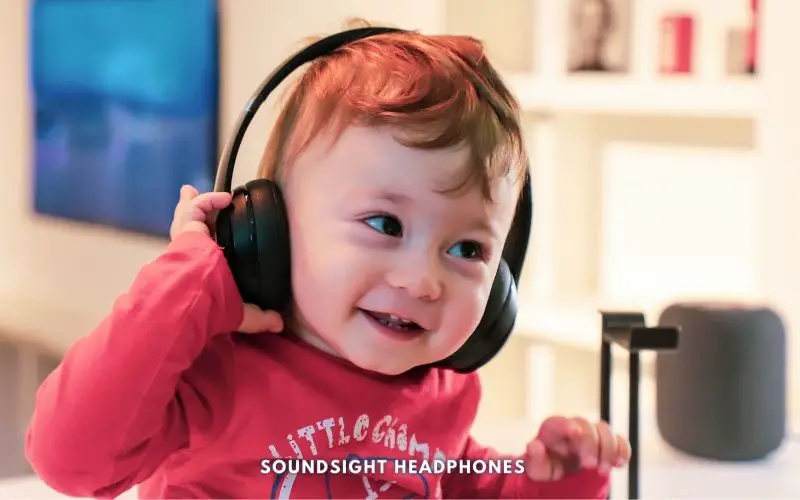
Specialized Pregnancy Audio Devices
Specialized Pregnancy Audio Devices, such as Prenatal Sound Systems and Belly Buds, offer a unique and intimate way for expectant mothers to bond with their unborn child.
Some specialized pregnancy audio equipment for pregnant women include:
- Ritmo Pregnancy Audio Belt: Advanced prenatal acoustic technology, compatible with standard 3.5mm audio devices for optimal comfort and safety.
- Sound Beginnings Prenatal Sound Delivery System: A wearable speaker system for expectant mothers, enabling music or voice messages to be played to the unborn child. It is made from soft, stretchy fabric for comfort and easy cleaning.
- BellyBuds Baby Bump Headphones: Compatible with various devices, these compact speakers enable easy playback of music and messages for your baby.
Warning Notes
Listening to music safely while pregnant should be done with specialized audio devices. However, even manufacturers of such devices sometimes fail to provide specific details on how safe their products are in terms of sound pressure levels.
Conclusion
In conclusion, headphone safety for pregnant women is a topic that requires careful consideration. While there are benefits to using headphones and sharing music with the baby during pregnancy, it is crucial to follow safe listening practices, maintain sound levels below 60 dB, and limit exposure to loud noises.
Pregnant women can use earphones during pregnancy, but it is essential to prioritize the baby’s safety and well-being by relying on natural sounds and limiting prenatal headphone use. Alternative methods for sharing music with the baby, such as singing or using specialized pregnancy audio devices, can also be explored to ensure a safe and enjoyable listening experience for both mother and baby.
References
- Palazzi A, Nunes CC, Piccinini CA. Music therapy and musical stimulation in the context of prematurity: A narrative literature review from 2010-2015. J Clin Nurs. 2018 Jan;27(1-2):e1-e20. doi: 10.1111/jocn.13893. Epub 2017 Dec 5. PMID: 28544065.
- Hartling L, Shaik MS, Tjosvold L, Leicht R, Liang Y, Kumar M. Music for medical indications in the neonatal period: a systematic review of randomized controlled trials. Arch Dis Child Fetal Neonatal Ed. 2009 Sep;94(5):F349-54. doi: 10.1136/adc.2008.148411. Epub 2009 May 28. PMID: 19477913.
- Kurdahi Badr L, Demerjian T, Daaboul T, Abbas H, Hasan Zeineddine M, Charafeddine L. Preterm infants exhibited less pain during a heel stick when they were played the same music their mothers listened to during pregnancy. Acta Paediatr. 2017 Mar;106(3):438-445. doi: 10.1111/apa.13666. Epub 2016 Dec 13. PMID: 27883227.
- Arenillas-Alcón S, Ribas-Prats T, Puertollano M, Mondéjar-Segovia A, Gómez-Roig MD, Costa-Faidella J, Escera C. Prenatal daily musical exposure is associated with enhanced neural representation of speech fundamental frequency: Evidence from neonatal frequency-following responses. Dev Sci. 2022 Dec 22:e13362. doi: 10.1111/desc.13362. Epub ahead of print. PMID: 36550689.
- Dzhambov AM. Long-term noise exposure and the risk for type 2 diabetes: a meta-analysis. Noise Health. 2015 Jan-Feb;17(74):23-33. doi: 10.4103/1463-1741.149571. Erratum in: Noise Health. 2015 Mar-Apr;17(75):123. PMID: 25599755; PMCID: PMC4918642.
- Guo, R. (2022). Noise Exposure during Pregnancy: Influence on Adverse pregnancy outcomes. 2022 International Conference on Biotechnology, Life Science and Medical Engineering (BLSME 2022).
- Selander J, Albin M, Rosenhall U, Rylander L, Lewné M, Gustavsson P. Maternal Occupational Exposure to Noise during Pregnancy and Hearing Dysfunction in Children: A Nationwide Prospective Cohort Study in Sweden. Environ Health Perspect. 2016 Jun;124(6):855-60. doi: 10.1289/ehp.1509874. Epub 2015 Dec 8. PMID: 26649754; PMCID: PMC4892921.
